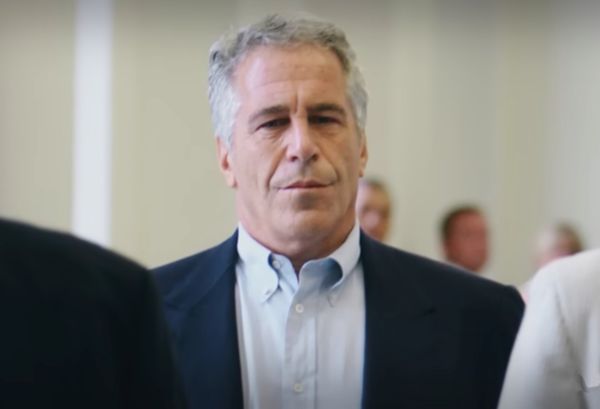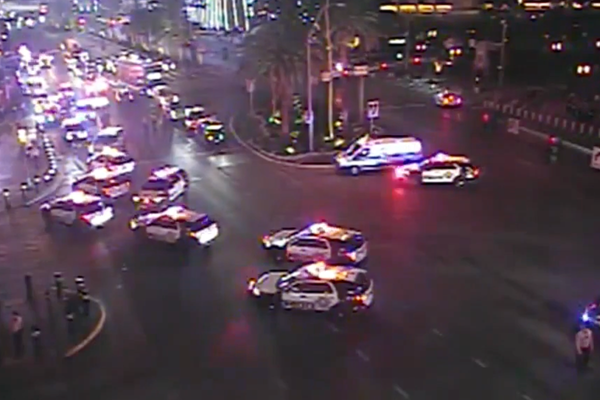
Democratic freedoms are hard won and easily lost. Rights secured after generations of struggle – by citizens risking their safety, liberty and, indeed, lives – can be stripped away in weeks with barely a murmur. Such is the fate of the right to protest, which has now been redefined in the UK as a privilege that exists at the discretion of the police. This weekend, dozens of peaceful protesters advocating republicanism – a cause backed by around a quarter of the population, or well over 13 million British adults – were arrested. The Metropolitan police has since expressed regret at the arrest of six of them belonging to the Republic group, including its head, Graham Smith, but it is rather too late, not least because such repressive behaviour has a chilling effect that deters others from protesting.
The basis of their arrest offers an instructive lesson about how freedom is lost. All six of the Republic protesters were apprehended under the new Public Order Act, which allows for protesters to be arrested on suspicion of intending to “lock on” – that is, to fix themselves to a target. In the case of these six arrested protesters, the “lock-on equipment” was luggage straps to gather placards. When these laws are passed, opponents who warn they will be enforced far beyond their supposed remit are accused of hyperbole and scaremongering, yet they are invariably proven correct. Unless our politicians are completely stupid, they must be aware of how frequently legislation is used to curtail peaceful protest – and therefore we must conclude this is, in part, the intent. Given that the separate Policing Act allows for protests to be suppressed if they are deemed too noisy – protests are, almost by definition, noisy – this reasoning seems beyond dispute.
Hungary’s far-right autocrat Viktor Orbán proudly describes his country as an “illiberal democracy”: this, too, has become the national project of our Conservative party. Such a model retains the trappings of democracy – such as regular elections – but hollows out its substance. It is a war on democratic culture. Granting police dictatorial powers over protests is integral to this process. The Met has recently been found by an official inquiry to be institutionally racist, homophobic and misogynistic, and thus clearly an unfit adjudicator of democratic rights. “It was not our intention to prevent protest,” the Met now claims, despite last week declaring “our tolerance for any disruption, whether through protest or otherwise, will be low”, which sounds as menacing as it was clearly intended to be.
It is specifically this form of rightwing populism, which has afflicted countries as disparate as Brazil, India, the US and Britain, that is rotting away our democratic culture. This demagogic tendency portrays all dissent as a threat to the nation itself – and dissenters as “enemies of the people”, as the Daily Mail once notoriously labelled judges scrutinising the Brexit process. History tells us that an infinitely greater threat is posed by unrestrained state power than by excessive disruption caused by peaceful protest. Authoritarian rulers, not rowdy protesters, always present a far greater potential evil. Yet our rightwing populist rulers and their media allies have succeeded in presenting demonstrators – such as those advocating tougher action to deal with the existential threat posed by the climate emergency – as the real menace to be feared.
Those hoping that today’s Labour party will neutralise this Tory war on democracy should abandon their delusions. Keir Starmer’s team are both bad social democrats, lacking a commitment to redistribute wealth and power, and bad liberals – that is, poor defenders of freedom. Starmer has refused to commit to repealing the Public Order Act the opposition voted against just months ago, saying he would allow it to “bed in”. Labour has condemned the government for not taking enough action against climate protesters and clampdowns on civil liberties under Tony Blair’s governments point to how his ideological heirs intend to behave once in power.
While the Defend the Right to Protest campaign already exists and, commendably, targets these anti-democratic onslaughts, we clearly need a movement aimed at restoring a right that has been lost. It must recognise that democracy is imperilled, and demand an automatic presumption in favour of peaceful protest. That must mean recognising how all restrictions will be used beyond their supposed remit by the police, even when they seem well intended. For example, a previous Public Order Act, in 1936, was supposedly passed to contain Oswald Mosley’s Blackshirts; and yet, five decades later, was used to suppress flying pickets during the miners’ strike.
But such a movement must fight a rearguard culture war, which emphasises that in a healthy democracy, a government should fear the people, rather than vice versa. British journalists occasionally express bafflement that the French engage in so much disruptive protest when they enjoy more generous social entitlements than other countries, without understanding the causal link. Part of the cultural problem is that Britain is a monarchy in which an unelected head of state is considered sovereign, rather than the people, who are mere subjects – a point the arrested republicans sought to make. Unless we build this democratic culture, politicians of all stripes will continue to chip away hard-won rights, until they exist only as meaningless platitudes.
Democracy everywhere is dying: according to Freedom House, global freedom has declined for 17 years in a row. Driving this trend is the rise of so-called electoral autocracies, countries that wrap themselves in democratic garb, but that have rotted away the culture underpinning a genuine democracy. This could be our own fate – unless we understand the gravity of our crisis and act, fast.
Owen Jones is a Guardian columnist
Do you have an opinion on the issues raised in this article? If you would like to submit a response of up to 300 words by email to be considered for publication in our letters section, please click here.







